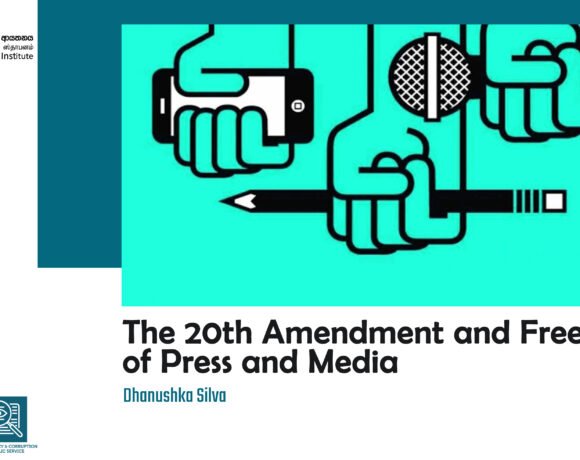
The Economic Debate on the Harbor Jetty Oscillates between Illusion and Reality
Sampath Deshapriya
Although the government was prepared to lease the Eastern Terminal of the Port of Colombo to the Indian Adani Company, it was suppressed due to the influence of political groups within the government and nationalist forces that contributed to the coming to power of the current government. The deal was to divide the company into forty-nine per cent in the Eastern Terminal and fifty-one per cent in the hands of the Sri Lankan government. The government abandoned its efforts in the face of pressure from various parties, including the Maha Sangha.
The deal was laid by a well-governed government in partnership with India and Japan, which entered into a diplomatic agreement. The current government unilaterally withdrew from the agreement due to pressure from India instead of attempting bilateral talks, so while the present government tried to implement the agreement reached with India, it was unable to do so. The groups that opposed the government’s decision to lease the space may have accessed it with the blessing of the government. They may have raised objections as they know that it is their responsibility to maintain the status quo and that it is a good investment for their political future.
The main purpose of this article is not to examine whether it is right to lease the eastern jetty or not, whether Adani is right or wrong, and whether the trade unions are right or wrong. It is not possible to dine at home with these mythical ideologues.
Despite what these patriotic groups say, the country has borrowed US$300 million from the Asian Development Bank in the last two years alone to develop the Colombo port. One of its conditions was that all three terminals of the port should be handed over to the private sector. However, the then President Mahinda Rajapaksa decided to develop two terminals in conjunction with the private sector. He then contacted the China Merchant Company for port development. The South Asian Gateway Terminal was also leased in 1999 and that agreement expires in 2029.
The mood of modern leftist groups can be seen as an extension of the concept of exploitation that has been perpetuated by leftists in this country. Their attitude towards foreign investment and market definitions are based on the aforementioned limited knowledge system. They define buying products at a low price and selling them at a high price as exploitation as they are accustomed to treating exploitation and trade as one. In the past, even Karl Marx had to fight to explain this myth. Marx said that by selling goods at real prices, buyers are sellers and sellers are buyers, and in the capitalist market, profits and losses are ultimately balanced. According to Marx, the reality is that the left-leaning Sri Lankan patriotic power base has not been realized, and the problem is that it is not developed as much as the capitalist development of a country. That is the social reality we face at the moment. Many left-wing groups in the country build protests without understanding the science of trade. So they only consider what appears on the surface as reality. It is difficult to break these attitudes that are socializing currently.
This excerpt from Marx’s book can be cited as the best example in answering the ideological poverty of such people. “Since the main purpose of capitalist products is the production of surplus-value, the size of the wealth of a person or a nation should be measured by the relative magnitude of the surplus, not by the absolute quantity produced.” Thus, it is clear that these surplus values can be used for all development activities in a country. The simple reality we face today is that capital from developed countries is flowing to underdeveloped countries. Capital is also flowing from countries like ours to other countries. Foreign investment is coming to Sri Lanka and Sri Lankan companies are also investing in other countries. This is how capital moves.
The production of surplus-value, which is important for the development of the country, can only be achieved by increasing production efficiency. It is necessary to do so with advanced technology, less input and less labour. Under this social system, the capitalist system uses a portion of the surplus to acquire its own system. Health, Transport, Education, Communication, Roads, Army, Police, Government Institutions, Religious Groups and Political Parties are all maintained by the above excess. Therefore, it must be kept in mind that we do not find a point where these two factors, the economic illusion and the development of the country, coincide.








